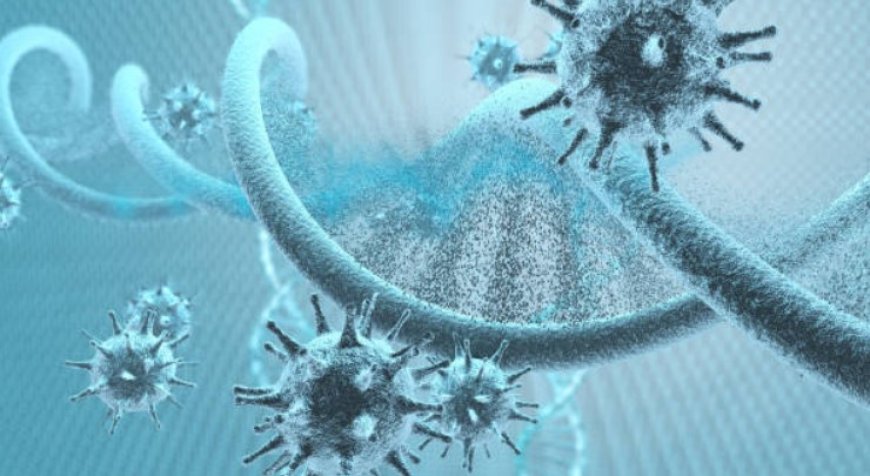Immunity Backdrop: How to Keep Your Immune System Healthy
Learn about the immune system and how to keep it strong
**Background of immunity**
The body's capacity to fight off illness is known as immunity. The immune system is an intricate network of proteins and cells that works to defend the body against dangerous pathogens including bacteria, viruses, and fungus.
The innate immune system and the adaptive immune system are the two basic components of the immune system. The body's initial line of defense against infection is the innate immune system. It is composed of proteins and cells that are constantly present in the body and has a short response time to infections.
A more specialized area of the immune system is the adaptive immune system. Compared to the innate immune system, it takes longer to respond to infection, but it is more efficient at getting rid of particular pathogens.
B cells and T cells are the two primary types of cells that make up the adaptive immune system. Antibodies, which are proteins that can bind to particular infections and aid in their destruction, are created by B cells. T cells can directly kill infected cells as well as aid in the activation of other immune cells.
The immune system is always picking up new skills and adjusting to different infections. This explains why we can develop immunity to illnesses after contracting them or receiving a vaccination against them.
How to maintain a strong immune system
You can do a variety of activities to maintain a strong immune system, such as:
Eating a balanced diet: Your body receives the nutrients it needs from a healthy diet, including those that support the immune system, to operate effectively.
Getting enough rest is important. For the immune system to work correctly, sleep is crucial.
Regular exercise: The immune system is strengthened and infection risk is decreased by exercise.
Stress management: The immune system can become weakened by stress, therefore it's crucial to develop healthy strategies to cope with stress.
Receiving a vaccination: Vaccines aid in conditioning the immune system to combat particular diseases.
You can help maintain a strong immune system and lower your risk of getting sick by implementing these suggestions.
Informational support
The following factors can have an impact on how strong your immune system is:
Age: As we age, our immune systems deteriorate, making us more prone to infection.
Genetics: Some people have poorer immune systems than others from birth.
Underlying health issues: The immune system can be weakened by a number of underlying medical diseases, including diabetes, cancer, and HIV/AIDS.
Prescription drugs: The immune system can be weakened by some medications, including corticosteroids and chemotherapy treatments.
Lifestyle elements include: The immune system can be weakened by smoking, heavy alcohol intake, and poor nutrition.
Consult your doctor if you are worried about your immune system. They can suggest ways to maintain a healthy immune system and assist you in identifying any elements that might be harming it.
















































































































































































































